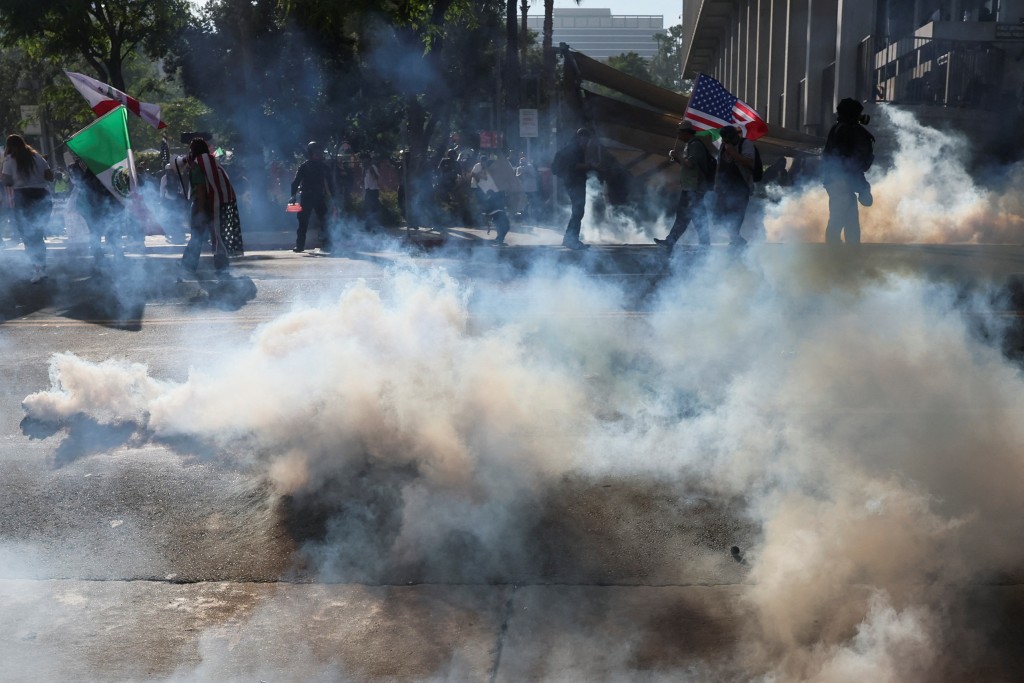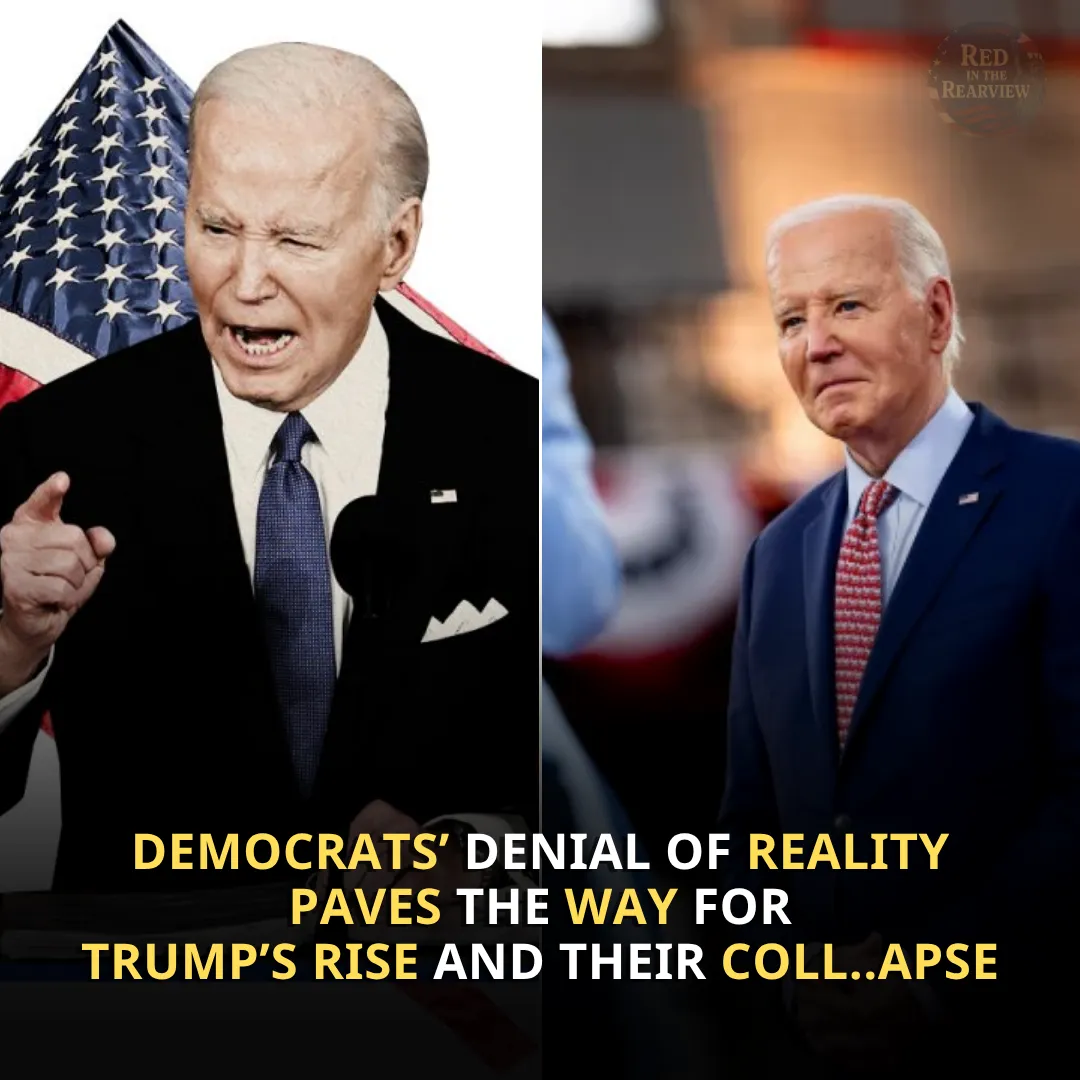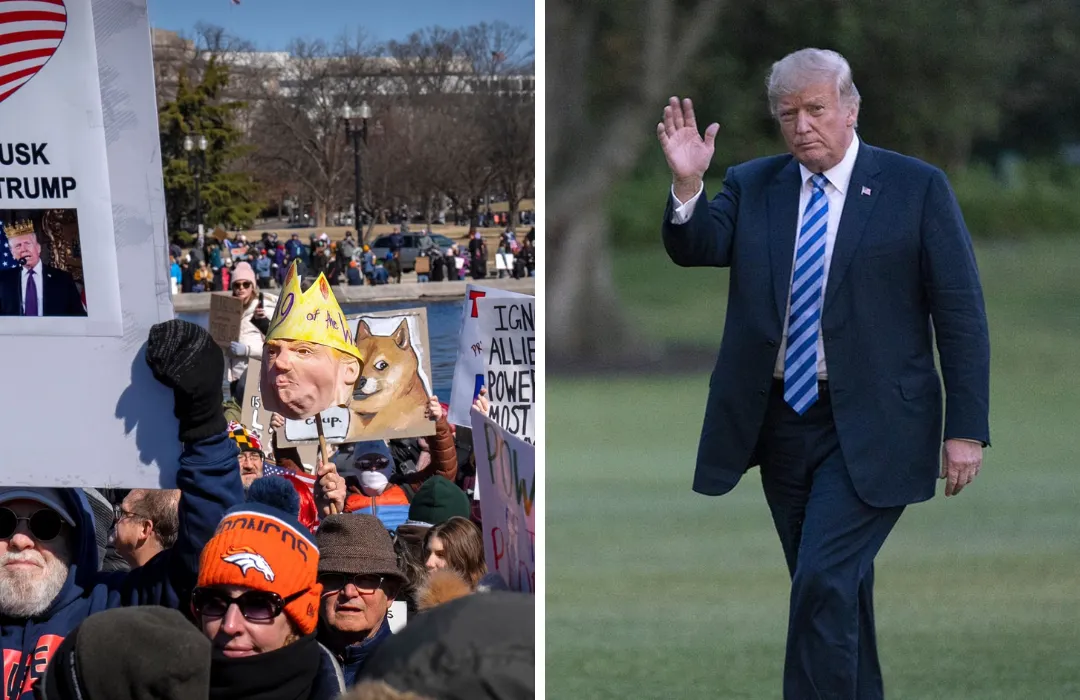
In a significant escalation of federal efforts to control immigration enforcement in California, the Trump administration has deployed an additional 2,000 California National Guard troops to the Los Angeles area. This move, announced by the Department of Defense on Tuesday, is part of the ongoing crackdown on immigration that has sparked widespread protests throughout the city in recent weeks.
The decision to send such a large contingent of troops follows the administration's repeated attempts to use military resources in response to demonstrations and immigration raids in the region.
The U.S. Northern Command (USNORTHCOM) issued a statement confirming the deployment, noting that the troops will be activated under the Title 10 law, which grants the federal government the authority to deploy National Guard forces to support federal functions. This action comes just weeks after President Donald Trump ordered the initial deployment of National Guard troops to Los Angeles in response to protests over the administration’s controversial immigration policies.

According to USNORTHCOM, the newly deployed soldiers will "support the protection of federal functions, personnel, and property in the greater Los Angeles area." The statement did not elaborate on the specific reasons for expanding the troop count, but officials confirmed that Defense Secretary Pete Hegseth directed the deployment.
The additional forces will join the 4,100 National Guard troops and 700 Marines already stationed in the city, significantly increasing the federal presence in Los Angeles.
Before deploying to the region, the newly activated troops are undergoing training focused on crowd control, de-escalation techniques, and the standing rules for the use of force. These measures are intended to ensure that the military personnel are prepared for the unique challenges posed by operating in a densely populated urban environment, where protests and civil disobedience have become increasingly common in response to the administration’s immigration policies.
The legal and political implications of the deployment are significant. While the Trump administration has justified the use of federal troops under Title 10 as necessary for protecting federal personnel and property, local and state officials have strongly opposed the action. Critics, including California Governor Gavin Newsom, have argued that local law enforcement agencies are more than capable of managing the protests without the need for federal military intervention.
Newsom, along with other state leaders, has condemned the deployment as an overreach of federal power, arguing that it inflames an already volatile situation.
The protests in downtown Los Angeles, which have been ongoing for several weeks, were sparked by a series of immigration raids across the city. These raids targeted undocumented individuals, many of whom were farmworkers and day laborers, and have resulted in widespread fear and anger within the city’s large immigrant community.
Local activists and residents have expressed concern that the federal presence in the city will only serve to exacerbate tensions and create an atmosphere of hostility.
The deployment of federal troops to domestic streets is a controversial move that has raised questions about the role of the military in law enforcement. President Trump’s decision to invoke Title 10 to mobilize National Guard troops without the consent of state officials has led to legal challenges, with Governor Newsom filing a lawsuit against the federal government.
Newsom has characterized the move as a "power grab" and argued that the deployment of California National Guard troops under federal control violates the principle of state sovereignty.
The legal challenge has been met with mixed results in the courts. U.S. District Judge Charles Breyer temporarily blocked the deployment last week, citing concerns over the legality of the federal government’s actions. However, the Ninth Circuit Court of Appeals quickly reversed Breyer’s ruling, allowing the National Guard deployment to proceed.
The legal battle is ongoing, with a three-judge panel from the Ninth Circuit scheduled to hear arguments in the coming days to determine whether President Trump exceeded his constitutional authority by invoking Title 10 without the approval of California state officials.
The situation has sparked intense debate over the balance of power between the federal government and state governments, particularly in matters of law enforcement and the use of military resources. Proponents of the deployment argue that it is necessary to maintain order and protect federal agencies like Immigration and Customs Enforcement (ICE), which have been the target of protests in recent weeks.
Supporters also contend that the federal government has a responsibility to enforce immigration laws and ensure the safety of federal employees and facilities.

Opponents, however, see the deployment as an overreaction that violates the rights of California residents and undermines the principle of local control. They argue that the use of military forces in civilian areas is a dangerous precedent and that it is an inappropriate response to peaceful protests.
Many activists have pointed out that the presence of federal troops has done little to quell the protests and, in some cases, has intensified tensions between the government and immigrant communities.
As the legal and political battles continue, the Trump administration’s deployment of 2,000 additional National Guard troops to Los Angeles stands as a stark reminder of the ongoing conflicts surrounding immigration enforcement in the United States. With the city continuing to serve as a flashpoint for protests and resistance against federal immigration policies, the question of whether military forces should play a role in managing domestic unrest remains one of the most contentious issues in U.S. politics.
The expansion of the National Guard’s role in Los Angeles is part of a broader effort by the Trump administration to address what it perceives as a national security threat posed by illegal immigration. As the number of undocumented immigrants in the U.S. continues to grow, the administration has made it clear that it is willing to take aggressive steps to curb illegal immigration, even if it means using federal troops to control domestic protests.
As legal challenges continue to unfold, the long-term implications of this deployment will be felt not only in California but across the nation as the debate over the role of military forces in domestic law enforcement continues to intensify.





